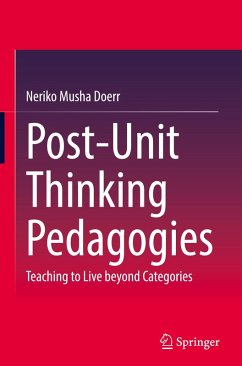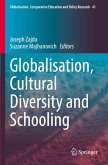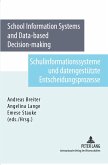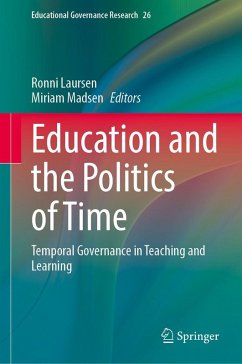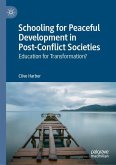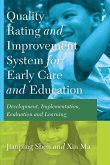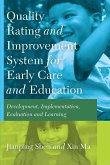This book offers alternative theoretical approaches and pedagogies that challenge the worldview that divides things/people into bounded categories/units perceived to be internally homogeneous, what it calls "unit thinking" built on the nation-state ideology. Unit thinking is problematic not only because it is inaccurate but also because it encourages an imposition of the "ideal model" (e.g., the standard language) onto people and a hierarchization based on their proximity to the "ideal" (e.g., devalued "dialects"). This book explores an alternative approach-"post-unit thinking"-by drawing on the notions of "fetish" by Slavoj Zizek and Integrationist Linguistics by Roy Harris and suggests pedagogies in fields that capitalize on "learning from difference." Theoretically, this discussion of (post) unit thinking is of interest to researchers seeking alternatives to post-structuralist discussions of the politics of difference. This book is also a practical resource for practitioners in study abroad, service learning, and world language education.
Bitte wählen Sie Ihr Anliegen aus.
Rechnungen
Retourenschein anfordern
Bestellstatus
Storno

